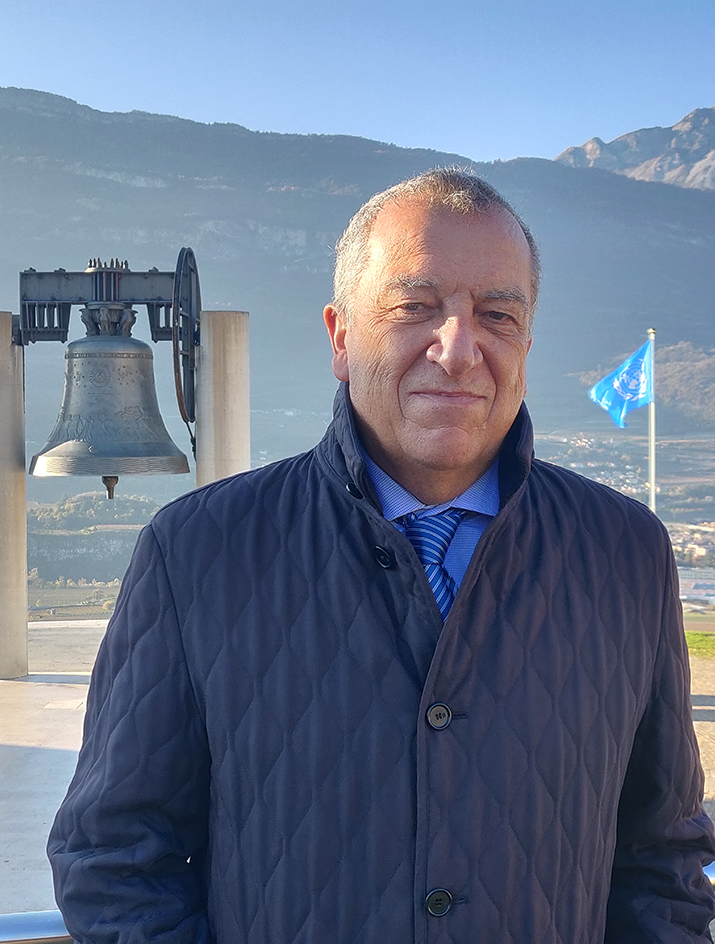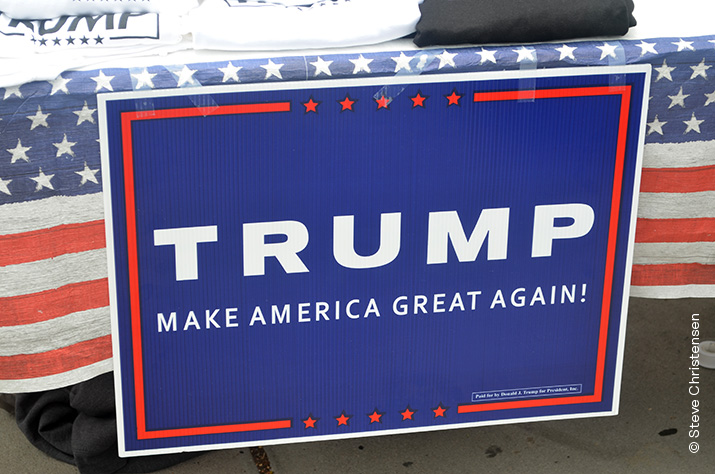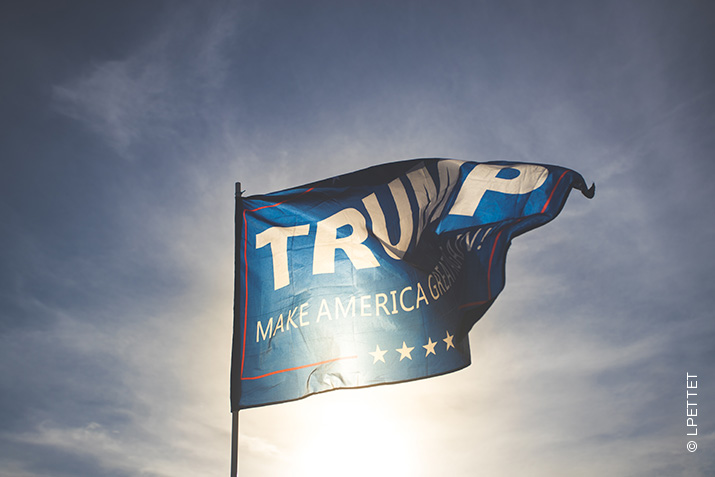The 47th President of the United States will have exactly (and this is no coincidence) the same name as the 45th: Donald John Trump.
This was the clear majority decision of the American electorate on 5 November, contradicting the forecasts of the night before that had predicted a very close contest, along the lines of the one that, four years earlier, had sanctioned Joe Biden's success in favour of the opposite camp. With the traditional geographical 'strongholds' confirmed (the West and the 'Ivy League' to the Democrats, the 'Midwest' to the Republicans), it was above all up to the seven swinging states to make the difference, and they unanimously expressed their preference for the challenger. In short, as defined effectively by Lucio Caracciolo, it was the so-called 'overlooked America', the one left to itself as it is far from the spotlight, capital investment and tourist flows, that made the difference in the circumstance.
In fact, the ballot box vote ended what can be defined a landslide victory, a global affirmation, considering that, in addition to the White House, from next January the Republicans will also control Congress and the Senate, not to mention the significant success of the popular vote (72 million votes for Donald Trump versus the 67 million cast for Kamala Harris). The latter is not a foregone conclusion, considering the fact that in 2016, although defeated, Hillary Clinton had garnered more votes than the Republican tycoon. It is a power situation that is only likely to last for two years, as if the mid-term elections follow the established tradition of favouring the opposition, they will help ease the control—truly excessive in this case—exercised by the Grand Old Party over all the country's major institutions.
Here, also due to limited space, we will focus on two main reasons that contributed to what was undoubtedly an unexpected result (and from which by no coincidence the pollsters exited with a bloodied nose). On the one hand, the undoubted (like it or not) leadership exercised by 'candidate Trump', also confirmed by his brave reaction to the assassination attempt on him last July, as opposed to a Democratic rival arising from the belated desistance of seasoned President Biden and not as the result of a reasoned choice, shared by the party. On the other hand, Trump’s focus on issues closely tied to the gut concerns of the average American voter, particularly those with lower incomes, such as high inflation, excessive taxation, and the threat (real or even only perceived) of immigration. This is in stark contrast to the emphasis placed by Harris on undeniably noble issues, such as the protection of civil rights and the defence of the environment which, at the same time, are seen as the prerogative of a minority of the American population, particularly the wealthy and educated segment.
If we were to find a common denominator for the Republican triumph of 5 November, we can identify one in the acronym MAGA (Make America Great Again), the slogan used relentlessly by Trump during his campaign to restore to the United States the characteristics of widespread economic prosperity, credibility, political authority, and internal cohesion that, in his view, had been seriously endangered during Joe Biden's four-year term.
At the present time, however, it is harder to identify what the actual consequences of Trump's return to the White House will be, bombastic, vote-catching declarations aside. His comeback has understandably provoked clear reactions in various countries and governments, which can clearly be interpreted by the various tones used in the congratulatory messages. That said, the inevitable considerations of realpolitik will require all world political leaders to quickly set aside any differing sympathies and establish the best communication channels with the new leadership in Washington. While awaiting the President’s inauguration on 20 January, when the other key figures will be revealed, one standout appointment is that of Elon Musk, owner of X and the world’s richest man, who has been entrusted with a role as a reward for his overt allegiance to the winning side. The Department of Government Efficiency has been specially created for him. Other announced appointments, including that of vaccine-sceptic Robert Kennedy Jr. to the Department of Health, have sparked reactions in allied capitals (and, in some cases, even within the United States) ranging from bewilderment to dismay.
On the international stage, and without neglecting other areas (such as the future relations of the United States with the European Union, and NATO), the main questions seem to revolve around the fundamental decisions the new president will make regarding the three main "hotspots" of the planet: Russia/Ukraine and the Middle East because of the two ongoing conflicts, and China, due to the complexity of a bilateral relationship that, beyond the unresolved issue of Taiwan, is also strongly influenced by crucial economic considerations (with tariffs at the forefront). Among the three topics, we align with many analysts in viewing the first as particularly sensitive and timely. This includes Trump’s electoral claims about his ability to quickly bring an end to the war between Moscow and Kiev. It is also worth noting the ongoing personal contact he maintained with President Putin, even after the aggression against the neighbouring country in February 2022.
As is widely known, President Zelensky has so far only been able to oppose the undisputed superiority in men and means of the Russian Federation thanks to the massive funding and sophisticated weapon systems provided primarily by the United States (and, in addition, by Europe) during Biden's current term. Against this backdrop, it remains to be seen whether the future president intends to continue handing out aid packages and modern defence means to Zelensky- initiatives that are undoubtedly very costly for the taxpayers of North Carolina or Arizona - instead of concentrating his efforts, as stated in his first public speech after the vote (“we will stop wars”), on ending the conflict in the Donbass and the other regions involved. This last objective would in all likelihood entail Ukraine's very painful renunciation of its territorial integrity, also raising, with the substantial 'free hand' granted to Russia in the area of Eastern Europe, worrying doubts about the security of the entire continent.
However, at this stage, it seems more prudent not to jump to conclusions, keeping in mind—and this is an important reason to hope for a less troubling future than expected—that during his previous term (2017-2021), once in office, Trump showed a clear ability to distinguish pragmatic reality from ideological excesses. Having no other choice, we will therefore have to put him to the test this second time round.
I wish our readers a peaceful Christmas and a pleasant start to 2025, the centenary year of the first chime of Maria Dolens.
Reggente Marco Marsilli, Foundation President










